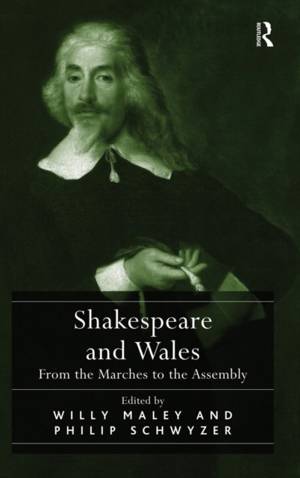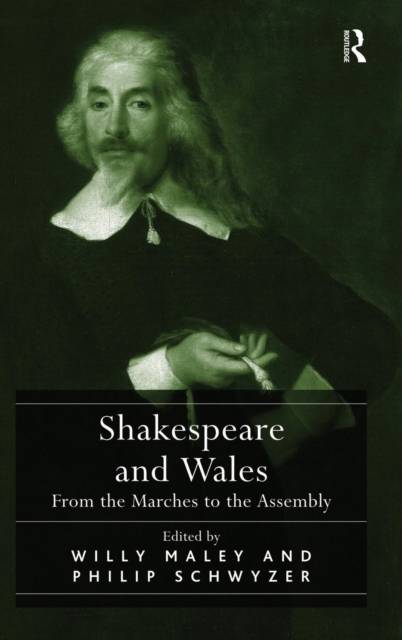
- Afhalen na 1 uur in een winkel met voorraad
- Gratis thuislevering in België vanaf € 30
- Ruim aanbod met 7 miljoen producten
- Afhalen na 1 uur in een winkel met voorraad
- Gratis thuislevering in België vanaf € 30
- Ruim aanbod met 7 miljoen producten
Zoeken
€ 195,95
+ 391 punten
Uitvoering
Omschrijving
Shakespeare and Wales offers a 'Welsh correction' to a long-standing deficiency. It explores the place of Wales in Shakespeare's drama and in Shakespeare criticism, covering ground from the absorption of Wales into the Tudor state in 1536 to Shakespeare on the Welsh stage in the twenty-first century. Shakespeare's major Welsh characters, Fluellen and Glendower, feature prominently, but the Welsh dimension of the histories as a whole, The Merry Wives of Windsor, and Cymbeline also come in for examination. The volume also explores the place of Welsh-identified contemporaries of Shakespeare such as Thomas Churchyard and John Dee, and English writers with pronounced Welsh interests such as Spenser, Drayton and Dekker. This volume brings together experts in the field from both sides of the Atlantic, including leading practitioners of British Studies, in order to establish a detailed historical context that illustrates the range and richness of Shakespeare's Welsh sources and resources, and confirms the degree to which Shakespeare continues to impact upon Welsh culture and identity even as the process of devolution in Wales serves to shake the foundations of Shakespeare's status as an unproblematic English or British dramatist.
Specificaties
Betrokkenen
- Auteur(s):
- Uitgeverij:
Inhoud
- Aantal bladzijden:
- 260
- Taal:
- Engels
Eigenschappen
- Productcode (EAN):
- 9780754662792
- Verschijningsdatum:
- 28/02/2010
- Uitvoering:
- Hardcover
- Formaat:
- Genaaid
- Afmetingen:
- 156 mm x 234 mm
- Gewicht:
- 544 g

Alleen bij Standaard Boekhandel
+ 391 punten op je klantenkaart van Standaard Boekhandel
Beoordelingen
We publiceren alleen reviews die voldoen aan de voorwaarden voor reviews. Bekijk onze voorwaarden voor reviews.











